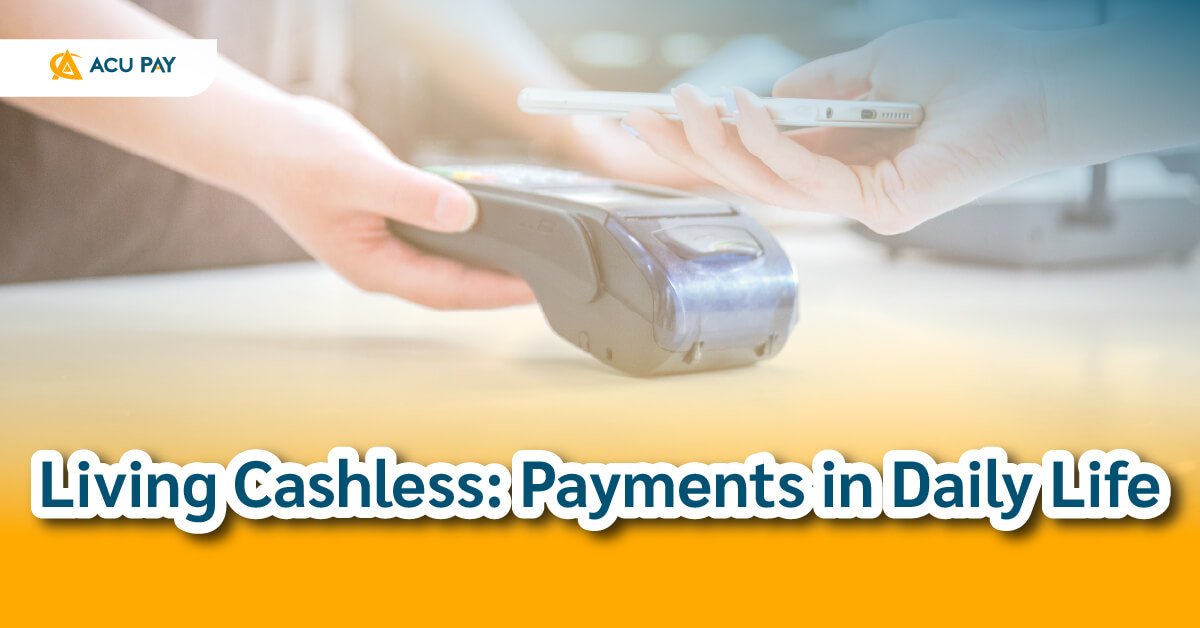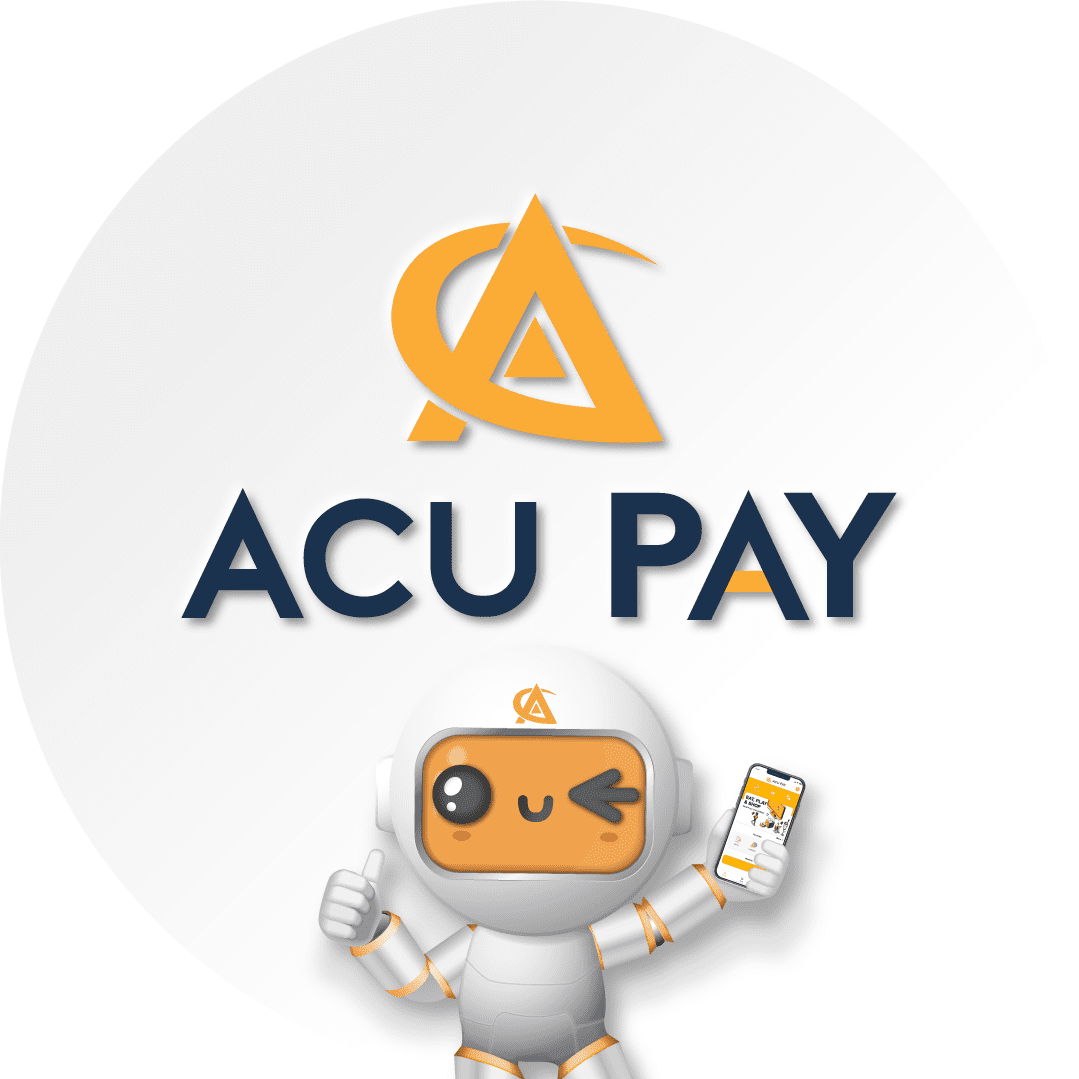

In today’s digital world, where technology plays a big role in daily life, one of the biggest changes we can see is the move toward a Cashless Society. This means making payments and financial transactions without carrying cash anymore. Shopping, paying bills, or even sending money can now be done with just a few taps, through credit cards, debit cards, banking apps, or electronic wallets (e-Wallets), which have now become part of almost everyone’s daily life.
This change did not happen overnight, but grew gradually along with better digital infrastructure. In the past, using the internet for transactions worried many people because speed and security were not good enough. Today, with the wide use of smartphones, better internet coverage, and standardized payment systems,the use of cash has clearly decreased.
A clear example is that even small shops or street vendors can now display a QR Code for customers to scan and pay easily. This shows that Thai people’s spending behavior is changing completely. Globally, many countries have already moved toward a true cashless society. For example, Sweden uses cash for less than 4% of all transactions, while in China, scanning a QR Code through apps has become a normal part of daily life. These trends show that Thailand is also heading in the same direction.
Pros of a Cashless Society There are many benefits, such as convenience, speed, and lower risk from carrying cash. It also reduces mistakes in giving change or losing money. People can check and manage their expenses more easily. It is also good for the overall economy, because digital transactions can encourage new innovations and reduce the cost of handling cash, such as printing banknotes or transporting money. In addition, it is more environmentally friendly, since it reduces the use of paper and plastic in the traditional financial system.
However, moving into a cashless society is not only positive. There are also unavoidable precautions, such as the risk of cyberattacks or online scams. Easy spending can also lead to overspending, and digital inequality may happen, especially for elderly people or those living in remote areas who cannot fully access technology.
There are also problems with system stability. If the internet goes down or an application crashes, it can cause inconvenience in daily life. Today, there are many forms of cashless payment. These include money transfers through PromptPay, using Mobile Banking, payments through e-Wallets such as TrueMoney Wallet or LINE Pay, as well as credit cards and debit cards that come with security systems and special benefits. The important thing is that users should choose the method that fits them, know how to control their spending, and becareful about security. This will help them get the most benefit from living in a cashless society.
“In the future, new technologies like blockchain and digital currencies (Cryptocurrency) may play a bigger role. They can bring more security, transparency, and efficiency to financial transactions, taking the world one step further in digital finance. Therefore, a cashless society is not just a temporary trend, but an important direction that every country, including Thailand, is moving toward. What people should do is learn, understand, and adapt to this change, so they can step into a stable and sustainable financial future.”

Make all your financial matters easy. Start a great day with us. MAKE A GREAT DAY WITH ACU PAY.